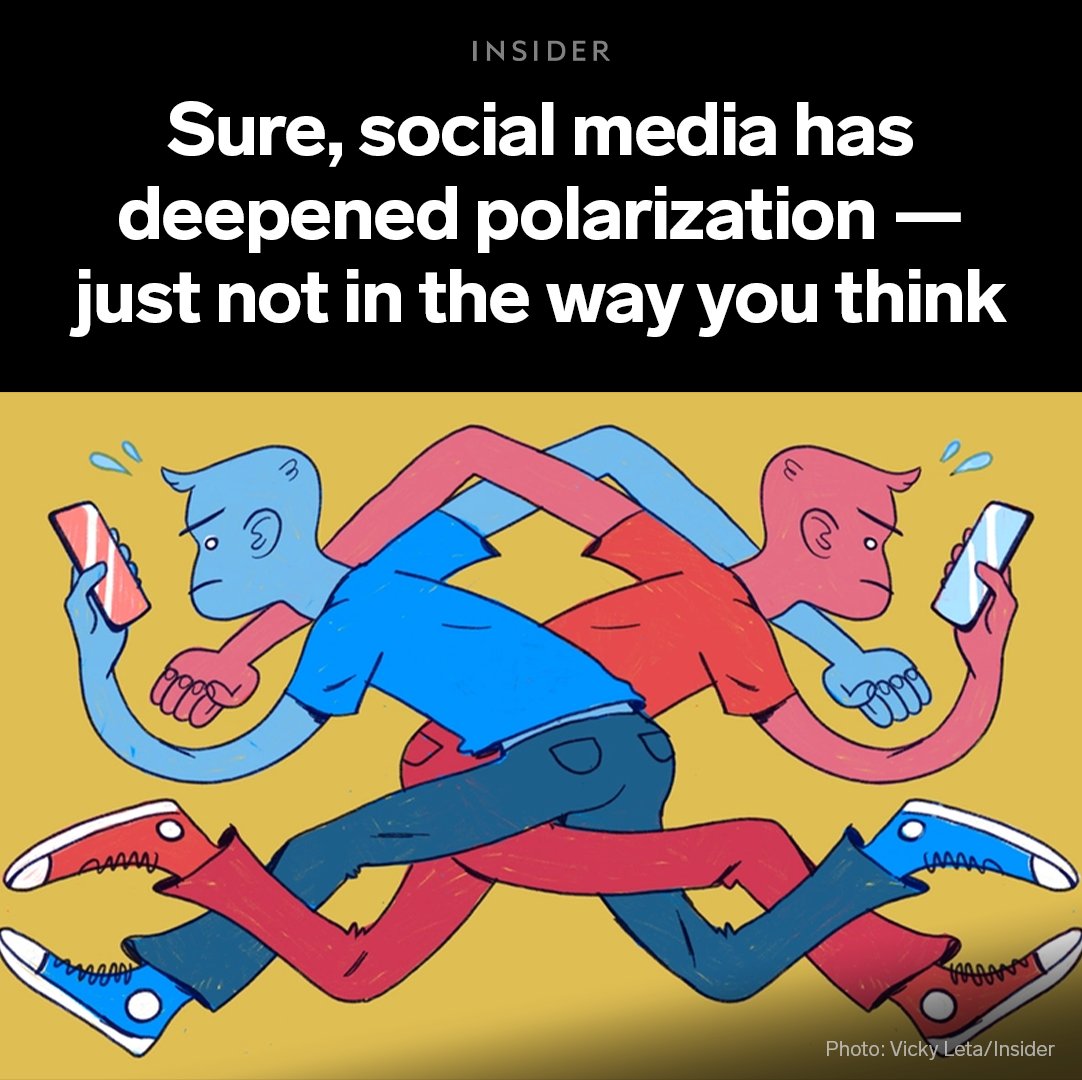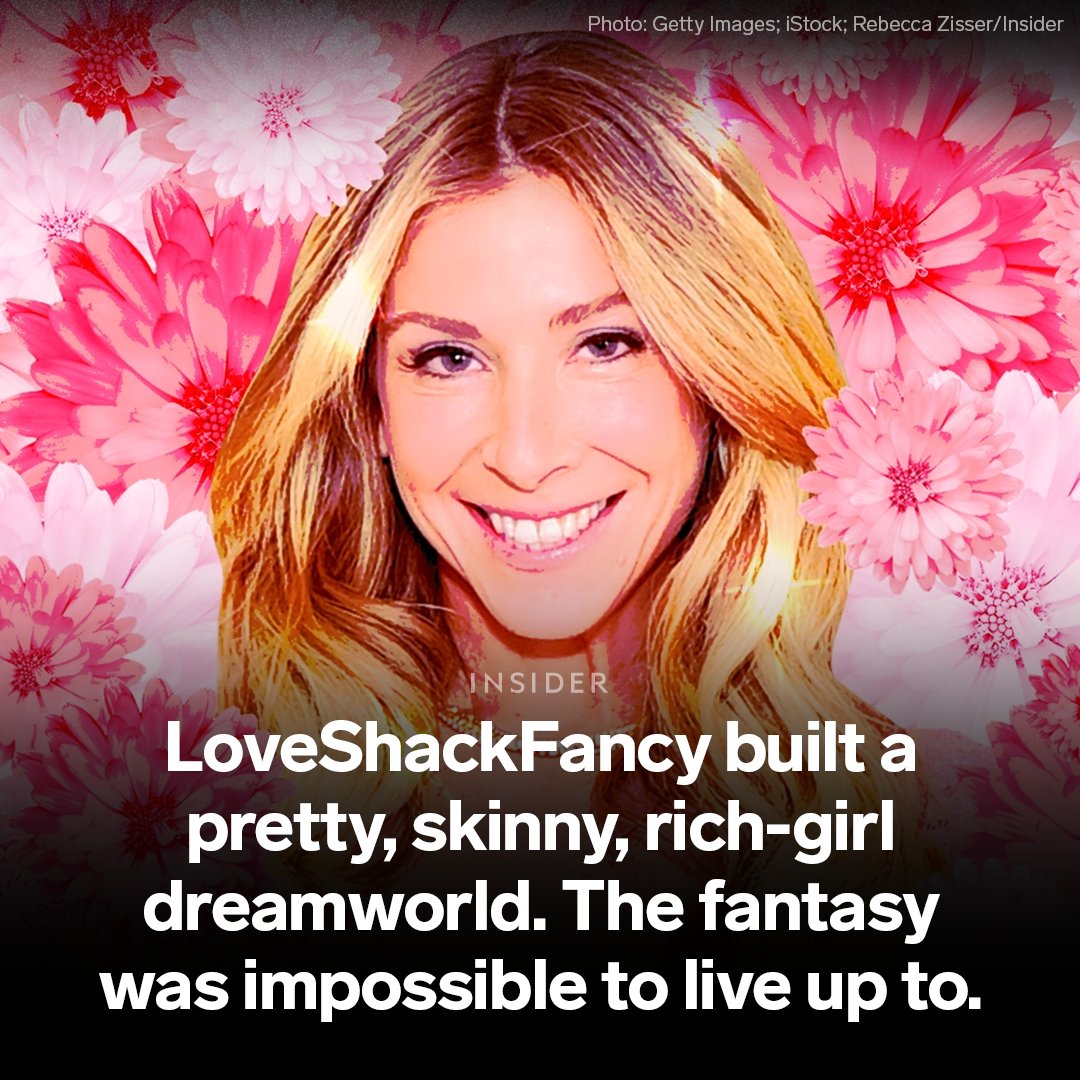Last April, @yaledailynews reported that Yale Law professor, Amy Chua, would be stripped of teaching a class after allegations she had hosted parties and drank with students.
Chua told Insider there’s been tension since she supported Brett Kavanaugh.👇
businessinsider.com/amy-chua-tiger…
Chua told Insider there’s been tension since she supported Brett Kavanaugh.👇
businessinsider.com/amy-chua-tiger…
The gatherings took place during the pandemic when Yale had rules about social events. In addition, Chua’s husband, fellow Yale Law professor, Jed Rubenfeld, was in the midst of a two-year suspension after female students accused him of sexual harassment.
businessinsider.com/amy-chua-tiger…
businessinsider.com/amy-chua-tiger…
Chua and her husband made a name for themselves at Yale by mentoring students who came from unorthodox backgrounds — first generation college students, minorities, graduates of state schools — in the often cloaked process of obtaining a coveted clerkship.
businessinsider.com/amy-chua-tiger…
businessinsider.com/amy-chua-tiger…
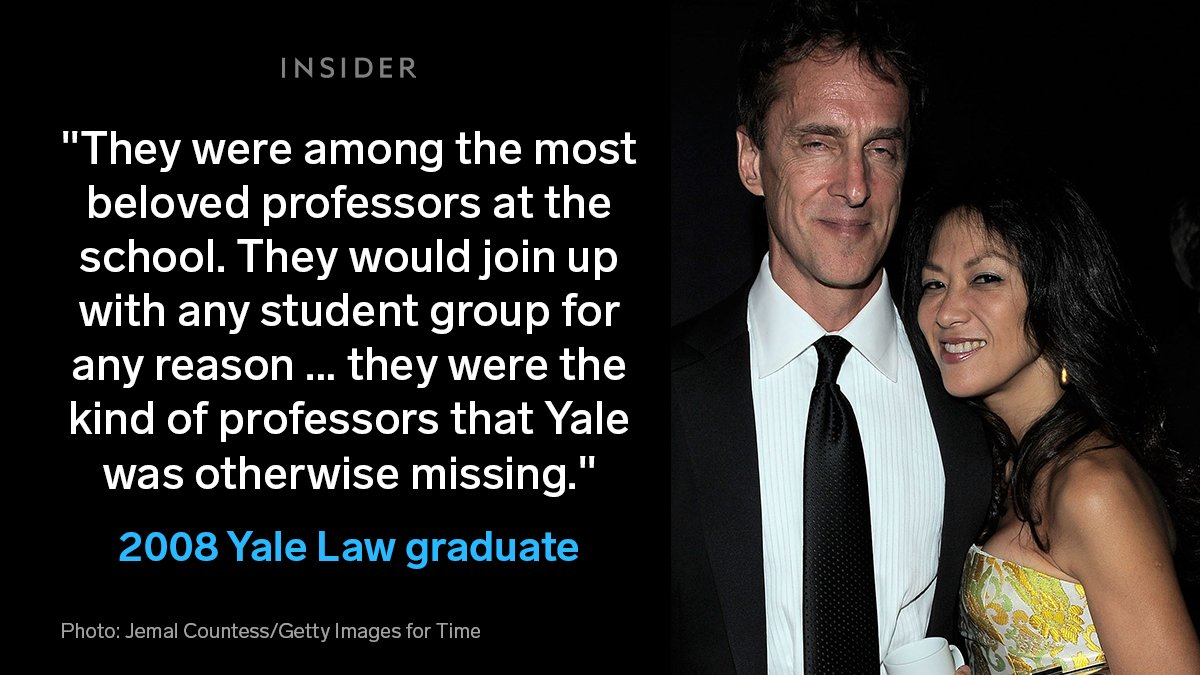
Their parties were well known on campus, particularly their Harvard-Yale football game tailgating. Chua said her parties were notable, but not wild. She said she’d have 40 students over for Chinese takeout, for example.
businessinsider.com/amy-chua-tiger…
businessinsider.com/amy-chua-tiger…

In 2018, these gatherings became a concern for Yale when Rubenfeld was investigated over sexual-harassment accusations, which he has denied. He was suspended for two years.
businessinsider.com/amy-chua-tiger…
businessinsider.com/amy-chua-tiger…
Around that time, the Supreme Court’s confirmation of Brett Kavanaugh, a Yale Law alum, divided the school. Chua supported Kavanaugh in a @WSJ op-ed and was one of few faculty members to continue to support him after Christine Blasey Ford’s allegations.
businessinsider.com/amy-chua-tiger…
businessinsider.com/amy-chua-tiger…
While Chua’s classes consistently have waitlists, her position on Kavanaugh has turned her into a pariah for a faction of the student body.
businessinsider.com/amy-chua-tiger…
businessinsider.com/amy-chua-tiger…
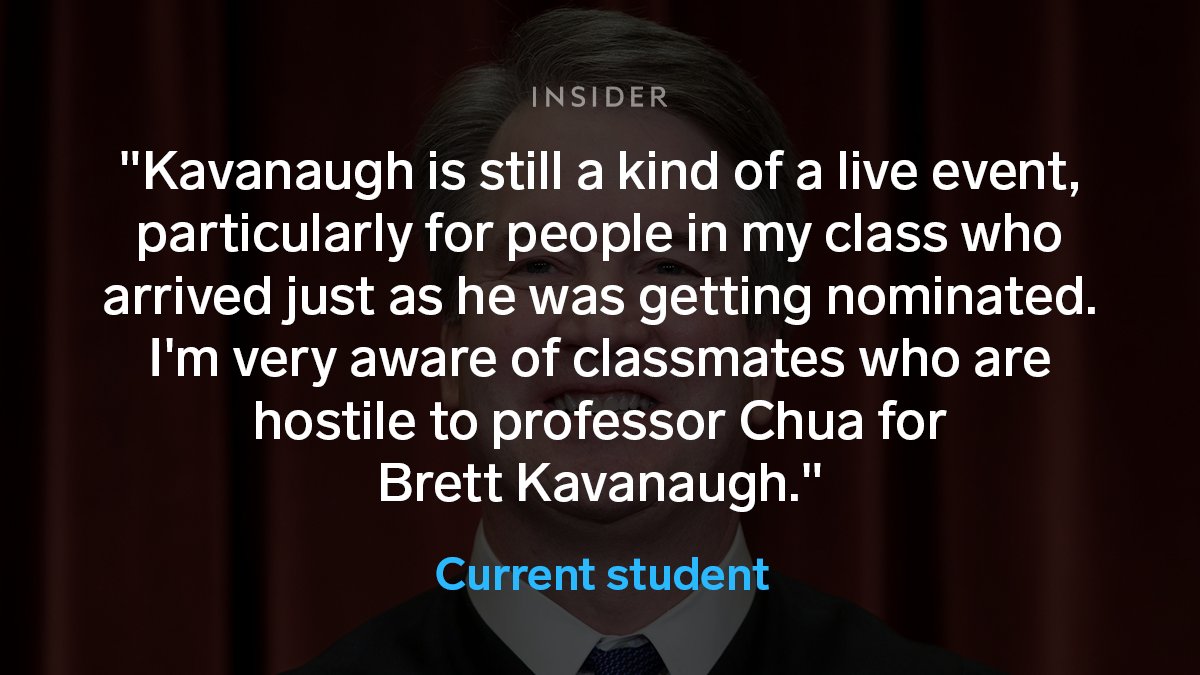
Chua thought the administration backed her. But after a Zoom meeting with Dean Gerken, Chua said she was “under an interrogation.”
She said Gerken grilled her about the rumored presence of federal judges at her gatherings.
businessinsider.com/amy-chua-tiger…
She said Gerken grilled her about the rumored presence of federal judges at her gatherings.
businessinsider.com/amy-chua-tiger…
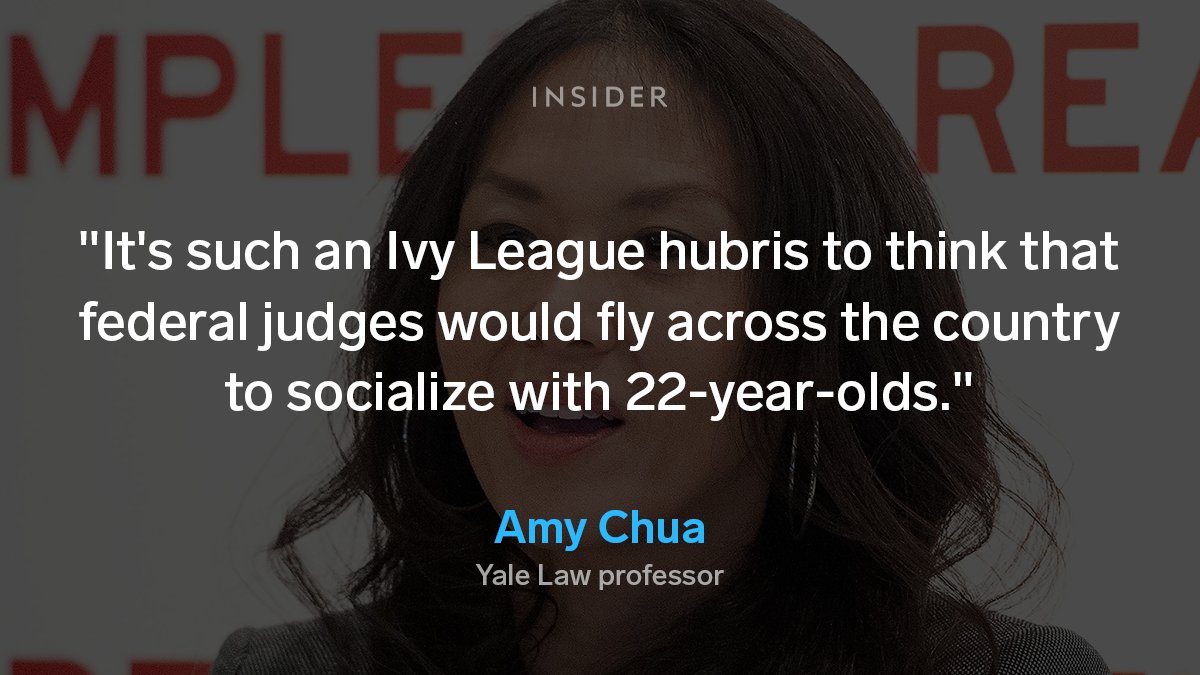
This past winter, Chua said she had a “handful” of people over to her home a few times — “absolutely not a party.”
According to Chua, her husband wasn’t there, all guests were tested for COVID-19 beforehand and sat 10 feet from one another, and no one stayed past 7 o’clock.
According to Chua, her husband wasn’t there, all guests were tested for COVID-19 beforehand and sat 10 feet from one another, and no one stayed past 7 o’clock.

According to students, the clerkship process can be frustratingly opaque. It’s not clear what classes to take to maximize one’s chances, and students aggressively court faculty to be their recommenders.
For many, Chua was their only available advocate.
businessinsider.com/amy-chua-tiger…
For many, Chua was their only available advocate.
businessinsider.com/amy-chua-tiger…
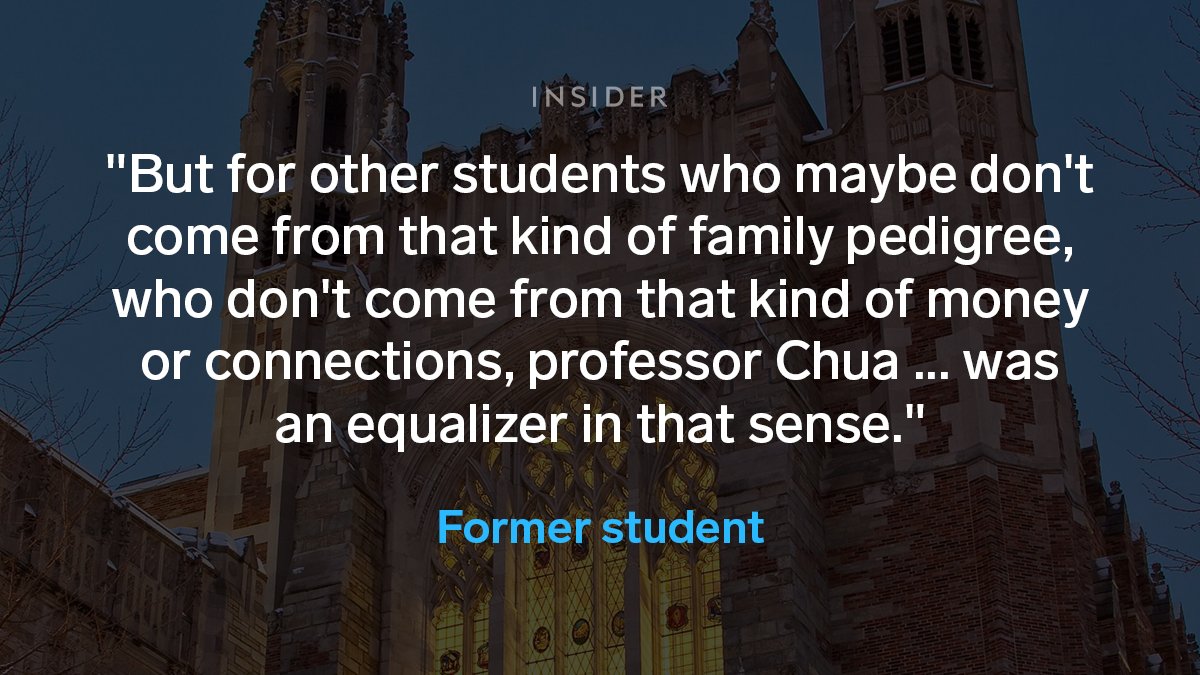
Chua said she planned to stay at Yale despite it being “crystal clear” that the administration is “very upset” with her.
She said she hasn’t attended a faculty meeting in a while.
businessinsider.com/amy-chua-tiger…
She said she hasn’t attended a faculty meeting in a while.
businessinsider.com/amy-chua-tiger…

• • •
Missing some Tweet in this thread? You can try to
force a refresh


